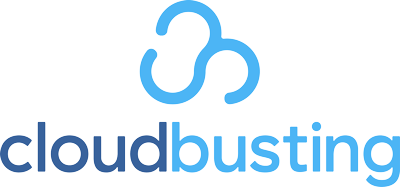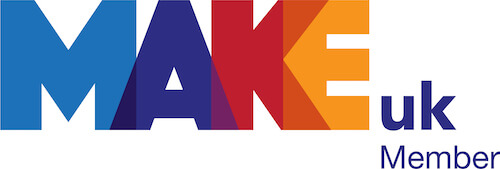As a small business owner, managing daily operations can often feel overwhelming. From overseeing finances to ensuring customer satisfaction, the demands are endless. However, as your business grows, these challenges only increase. One of the most effective ways to scale your business sustainably is by investing in robust processes and automation systems. This approach enhances efficiency and builds a strong foundation for long-term success.
Understanding Business Process Automation (BPA) for Small Businesses
Business Process Automation (BPA) uses technology to automate repetitive tasks and streamline operations. For small businesses, BPA offers a way to automate manual processes, reduce errors, and improve overall efficiency. By investing in automation tools, small businesses can better compete with larger companies. BPA helps optimize operations while improving accuracy and consistency.
The Benefits of Automating Your Business Processes
- Increased Efficiency and Productivity: By automating routine tasks, small businesses can focus on strategic activities that drive growth. Automation speeds up processes and reduces errors. This ensures tasks are completed correctly the first time, which is crucial for optimizing workflow.
- Enhanced Visibility and Accountability: Automation tools provide real-time insights into your business processes. This transparency allows you to monitor performance, track progress, and address issues as they arise. Improved oversight leads to greater accountability within your team.
- Cost Reduction and Increased Profit Margins: Automating business processes can lead to significant cost savings over time. With fewer manual interventions, operational costs are reduced. These savings can be reinvested into other critical areas of your business, increasing profit margins and sustainability.
- Scalability for Growing Small Businesses: As your business grows, manual processes can become bottlenecks. Automation ensures your processes scale with your business. This allows you to accommodate increased demand without needing more resources.
Real-World Examples of BPA in Small Business Operations
Consider these examples tailored for small businesses to understand BPA’s impact:
- Automating Employee Onboarding Processes: Onboarding new employees traditionally involves many tasks, from filling out forms to scheduling training sessions. For small businesses, automating this process ensures nothing is missed. It also works for hybrid and remote workers. This creates a smoother experience for new hires and equally as important, frees up your HR team to focus on more strategic tasks.
- Customer Onboarding Automation for Small Businesses: In industries like which are highly regulated compliance and background checks can take a long time to work through. BPA can streamline these processes, ensuring faster, more accurate client onboarding. It can also help you manage multiple platforms you may need to manage. The key benefit is greater customer satisfaction which in turn leads to retention.
- Marketing Automation for Small Business Growth: Automating marketing workflows, such as email campaigns and lead nurturing, allows small businesses to reach more potential customers with less effort. Automation tools can integrate with CRM systems to provide a seamless experience. Human error, illness, or absence of any kind means those valuable leads may slip through unnoticed. But not if you have automated then enquiry process.
Overcoming Challenges in Business Process Automation
While BPA’s benefits are clear, small businesses may face challenges in implementation. Common hurdles include:
- Investing in Business Automation Tools: Many BPA’s require monthly subscriptions and for a large number of users, this can end up being a cost that was not planned for. However it is important to remember all business improvements require investment. And there will be a period where the cost needs to be managed within the cashflow. But once the benefit starts to realise, you will soon be glad you made the choice.
- Scaling Business Automation Tools: While it’s easy to start automating individual tasks, expanding these tools across the business requires careful planning and execution.
- Training Employees on Business Automation Systems: Ensuring your team is comfortable with new automation tools is crucial. Providing sufficient training and support will help ease the transition and maximize the benefits of automation.
- Documenting Business Processes for Automation: Clear documentation of processes is essential for successful automation. Without it, you risk automating inefficient or flawed processes, which can lead to more problems than solutions.
Integrating Business Process Automation into Your Small Business Growth Strategy
Business Process Automation should be part of your overall business strategy, not just a standalone project. Here at Cloud-Busting, we pay the business processes a great deal of attention. Along with cash and people, weak processes often present as the key obstacles to scaling.
Start by analysing your current processes to identify areas for automation. Engage your team in this process to ensure they understand BPA’s value and are on board with the changes.
Begin with simple, repetitive tasks to gain quick wins and build momentum. As your comfort with automation grows, tackle more complex processes. Integrate BPA with your broader business goals to ensure scalable growth.
Final Thoughts on Investing in Business Process Automation for Small Businesses
Above all, investing in business processes and automation systems is essential for small businesses that aim to grow sustainably. By simplifying workflows, increasing efficiency, and supporting new business models, Business Process Automation enables small businesses to punch above their weight. This investment is not just about getting bigger but about building a smarter, more resilient business.





